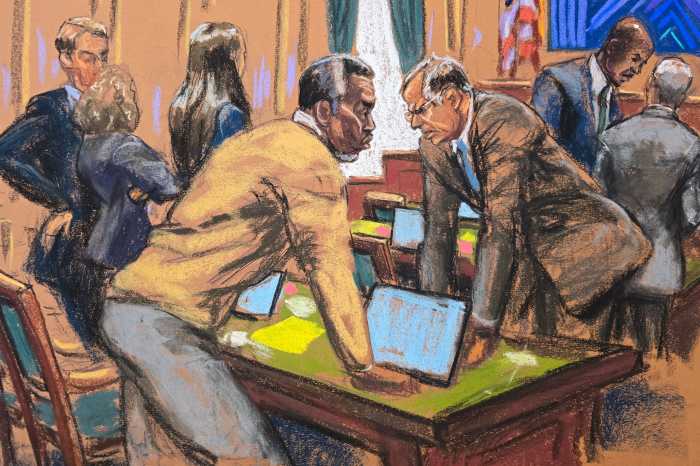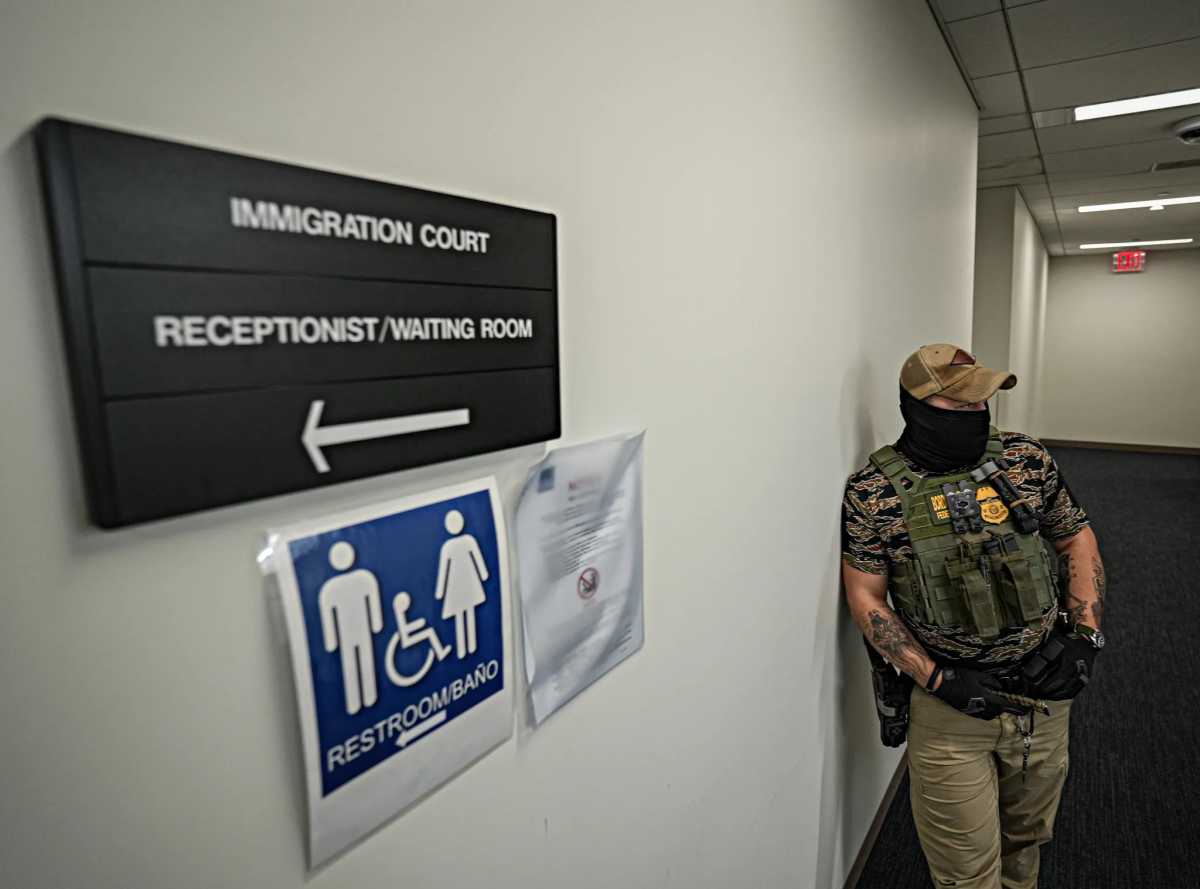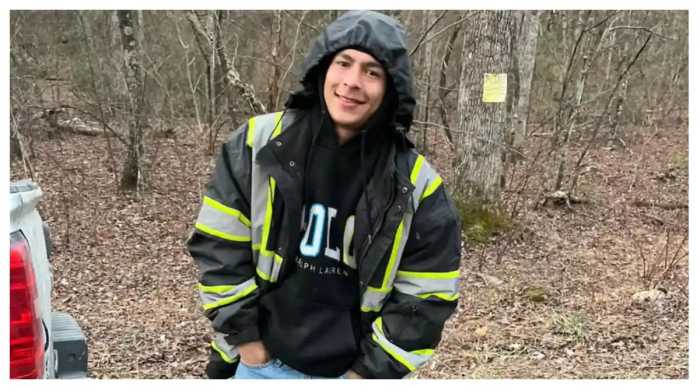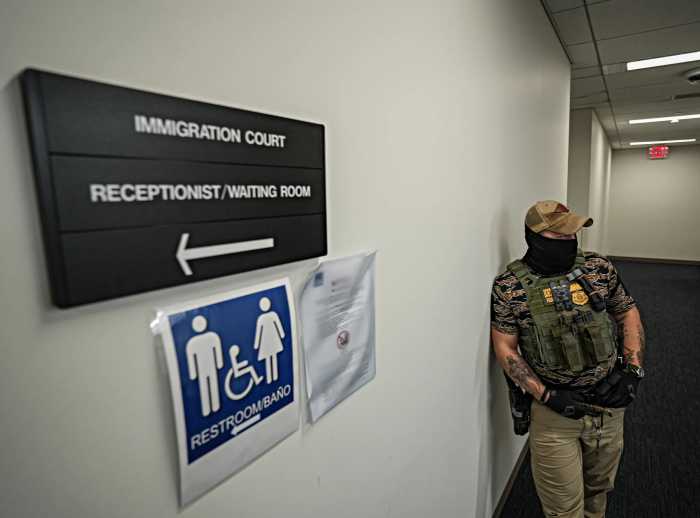When Disclosure, the duo comprised of brothers Guy and Howard Lawrence, came out of nowhere in 2012 with “Latch,” a propulsive bit of house-pop featuring vocals from a then-unknown Sam Smith, the song turned a pair of college-aged Brits (Guy was the elder, at a grand old 21 years of age) into superstars. But while many musicians have used collaborations to launch their careers, few have committed so intensely to the idea of working with others as the brothers Lawrence. Disclosure’s second album, “Caracal,” credits featured artists on 9 of the 11 songs, ranging from stars like Smith and Lorde to up-and-comers like Jordan Rakei and Nao.
amNewYork caught up with Guy Lawrence to talk about working with such a diverse set of artists, in advance of Disclosure’s performance at Madison Square Garden.
What makes a good collaborator?
What makes a good collaborator for Disclosure is a few things. One, obviously, you have to have a great voice. All of the people on the record have great voices, but above that they have characteristic voices, very soulful, very distinctive. If you hear any one of them sing even a couple of words, you instantly know “Oh, that’s Lorde,” or “oh, that’s Gregory Porter.” No. 2, they can’t just turn up. They have to be able to write. When we work with singers, they’re artists in their own right — they contribute to the song and we want them to do that! We want them to come up with words and ideas, too, because it’s always better when someone singing something they believe in. And third, for us, they have to be friendly. We have to get on. We’re going to have to spend a lot of time together in the studio, and sometimes on tour, and so we have to get on.
It’s been well-reported that you refuse to work with other musicians over the Internet — that in order for a collaboration to happen, it has to happen in the flesh. Why?
To us, being in the same room creates energy and excitement. Ideas are flowing, and you can bounce off each other. You can have arguments and agreements. I’m sure [working over the Internet] works for some people, and I’m not saying it’s the wrong thing to do, but it’s the wrong thing to do for us. We’re musicians first, musicians before producers. That’s where the ideas come from: From patterns on the keyboard, or chords on the piano. I just find it more enjoyable than sending emails. I mean, who likes sending emails? No one. But everyone likes playing on the piano.
Obviously, getting acts to agree to work with you has been easier since “Settle” became such a smash hit …
It’s definitely made it easier. Before we were knocking on people’s doors, and now people are knocking on ours. I think the best thing it’s unlocked is that we have the ability to work with really well-established big names. But something that was really important for us was to not only do that, but to have a nice balance with up-and-coming talent. I think that’s a reason why people liked “Settle” so much — they also found a lot of music they liked from the other artists that were on it. They found Sam, or AlunaGeorge, or London Grammar. We definitely want to still keep a balance between the big and the small names.
Has it been difficult dealing with a flood of would-be collaborators, though?
It wasn’t so much the number that made it hard to decide. It was that, just because a person is massive and really good, doesn’t mean they’d work on a Disclosure song. We’re not collaborating with people just to steal their fan base, which a lot of pop collaborations are. You just think, “why is that person featured on that other person’s song?” Clearly it’s for the money. I remember reading interviews with a couple of big-name U.K. singers, and they have rappers doing a verse on their song, and interview will ask, “how was it working with so-and-so?” and the singer’ll say, “Oh, we’ve never met.” And I just think, that’s not really what writing music is about for us.
If you could line up any guest for the next album, who would it be?
Not necessarily saying it would work, but I would love to try with Prince. That would be it for me. I think it was Michael [Jackson], but obviously that can’t happen anymore, so I think it’d have to be Prince. But you have to be careful — “never meet your heroes” is still a saying. Even though I massively love and respect everyone we’ve worked with, none of them have been my all-time heroes. Whereas someone like Prince or Michael Jackson or, even though again it couldn’t happen, J Dilla. [When he] was still around, he said “I want to work with you guys,” I really would have to think twice about it. Everyone needs a godlike figure, a poster-on-the-wall person that is almost not real life. But if Prince came calling, I don’t think you could really say no, could you?
If you go: Disclosure performs at Madison Square Garden on Oct. 24 at 8 p.m., 4 Penn Plaza, 212-465-6741, $35-$85.





























